Like most addictions, cigarettes were a replacement for what I felt I lacked and the skills I didn’t know I lacked. I spent a lot of time feeling lonely as a teenager. A lot of time writing. I’d go outside, pull out a cigarette and my notebook and pen, and sit hunched over, writing and smoking. I cried more days than I did not, often with a white cigarette hanging from my mouth, blotched with tears. When my family was in chaos, I could retreat with a cigarette to soothe my anxiety and hurt. Cigarettes have a routine and that routine gives a sense of control, predictability, comfort. Tap the smokes upside down a few times on a hard surface to ‘pack’ the tobacco. Unwrap the slim plastic lining and pull the sheath off in one piece, crumple, dispose. Open the pack, pull out one cigarette. Click the lighter, slide the cigarette in your mouth, put the tip to the flame, inhale.
I had many images in my mind of other writers who smoked, and they kept me company, too. I thought of them often as I sat jotting words, the long lineage of writers smoking cigarettes, ruining their health while hoping they would be one of the lucky ones who escaped that sentence.
The books I grew up with in the home were written by a generation of writers who smoked much more than the general population now. Many of them smoked cigarettes and had characters who smoked. The novels that I read from 12-16 in my home deeply influenced what I thought the adult world was, and that world definitely included smoking. Characters smoked in major scenes, stubbing out cigarettes on walls in a fury, throwing their butts on the ground to show their indifference, grinding them into the ashtray to express boredom, flicking ashes in contempt, pocketed into rainy corners in misery, limbs intertwined in bedsheets, smoking after sex.
My father smoked cigars, a constant point of contention between him and my mother. Despite his attempts to hide the habit, that cloying smell clung to his jacket linings, his collar, his beard. My father terrified me but he also commanded awe- over 6 foot, broad-shouldered, beautiful, thick brown hair, muscular, charming, a talented musician from an accomplished, respected southern family, and one of the smartest people I have ever known. His intellect was like a beam of light that infused his face, a searching and hungry intellect that worked inside a brain with an incredible capacity for memory and for dissembling the machinery of any concept and understanding it, nuts to bolts. His intelligence was encompassing- everything from mathematics to esoteric philosophies could be absorbed into his consciousness, retained, explained, and perhaps made even better. His inability to function well in day-to-day life, to be a husband and father, did not cloud my admiration for his self-possession around other adults, the way they responded to him, admired him, and so all of his adult habits, many of which were dysfunctional, fell for me somewhere in the no man’s land of contempt and fascination. Every now and then I’d spy a cigar, half-smoked, on his work desk, surrounded by a bewildering array of papers, books, magazines, and his writings, tucked in like a secret charm. Another indelible image of adulthood from my childhood.
By the time I was sixteen, I had been seduced by the image of a woman smoking as power, sexuality, as cool. The power of image when you are young is acute; this is a time when you see an image and do not have the experience to immediately understand various connotations and possibilities of that image. For a young person, a provocative image stands as a dream, an aspiration, an excitement of the imagination, without the contrast of life as it is actually felt. I might see an image of a famous female writer smoking now, looking gorgeous and chic, confident and badass, but I also am likely to think about how she died eventually or how smoking made her ill or her children ill or aged her prematurely or made her feel sick and yet, she still could not stop. I’m likely to think about the ugly smell of cigarettes, how disgusting it is in the mouth and on the clothes, how revolting in the morning, the smell of someone smoking an affront to the clear, cold air, how smoking as an addiction often reveals, as it does with me, of course, a struggle with living. A struggle to be a person in this world without escaping.
What I longed for most as a teen was to be an adult. Free of my family’s control. My understanding was that secrets and escapes were a major part of most creative adult lives, and cigarettes were one of those keys to the door. When you smoked, you were saying fuck you to societal constructs, to firm warnings, to good behavior, to being proper, to following the rules. You were embracing pleasure and escape as your birthright as a writer, a thinker, a tortured soul. As a teenager, I felt justified in my bad habits. No one had given me anything to live for, so I was going to live for myself alone, and give myself the small comforts that made life bearable.
SUBSCRIBE FOR PART SIX of Secrets and Cigarettes




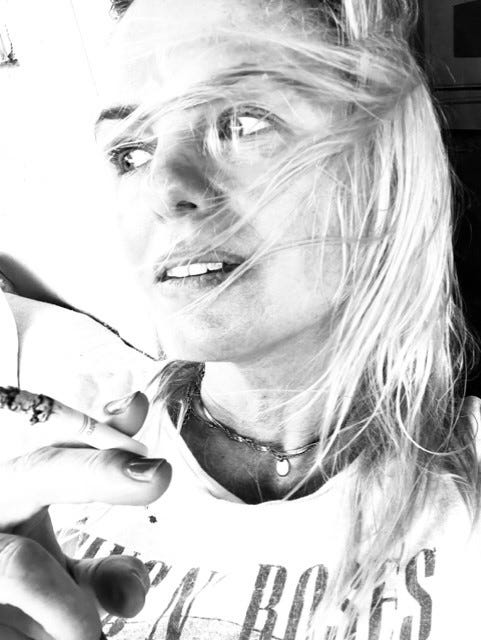
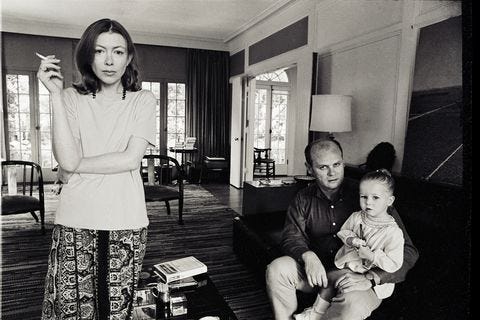
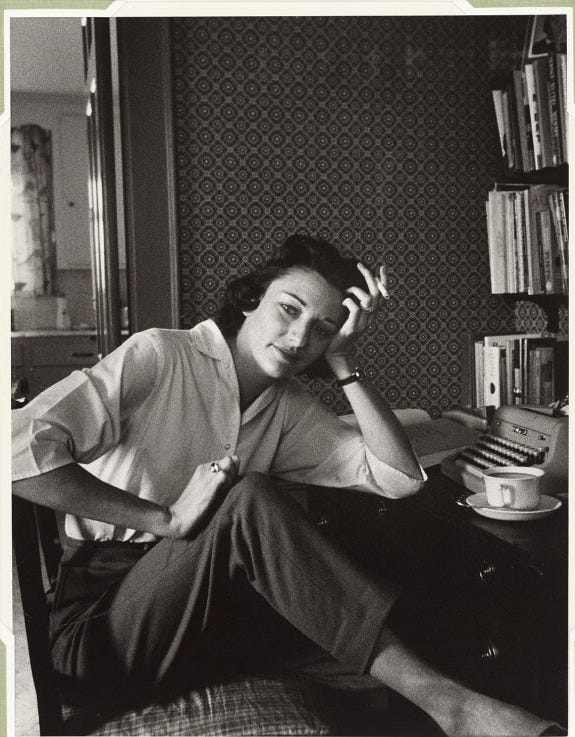
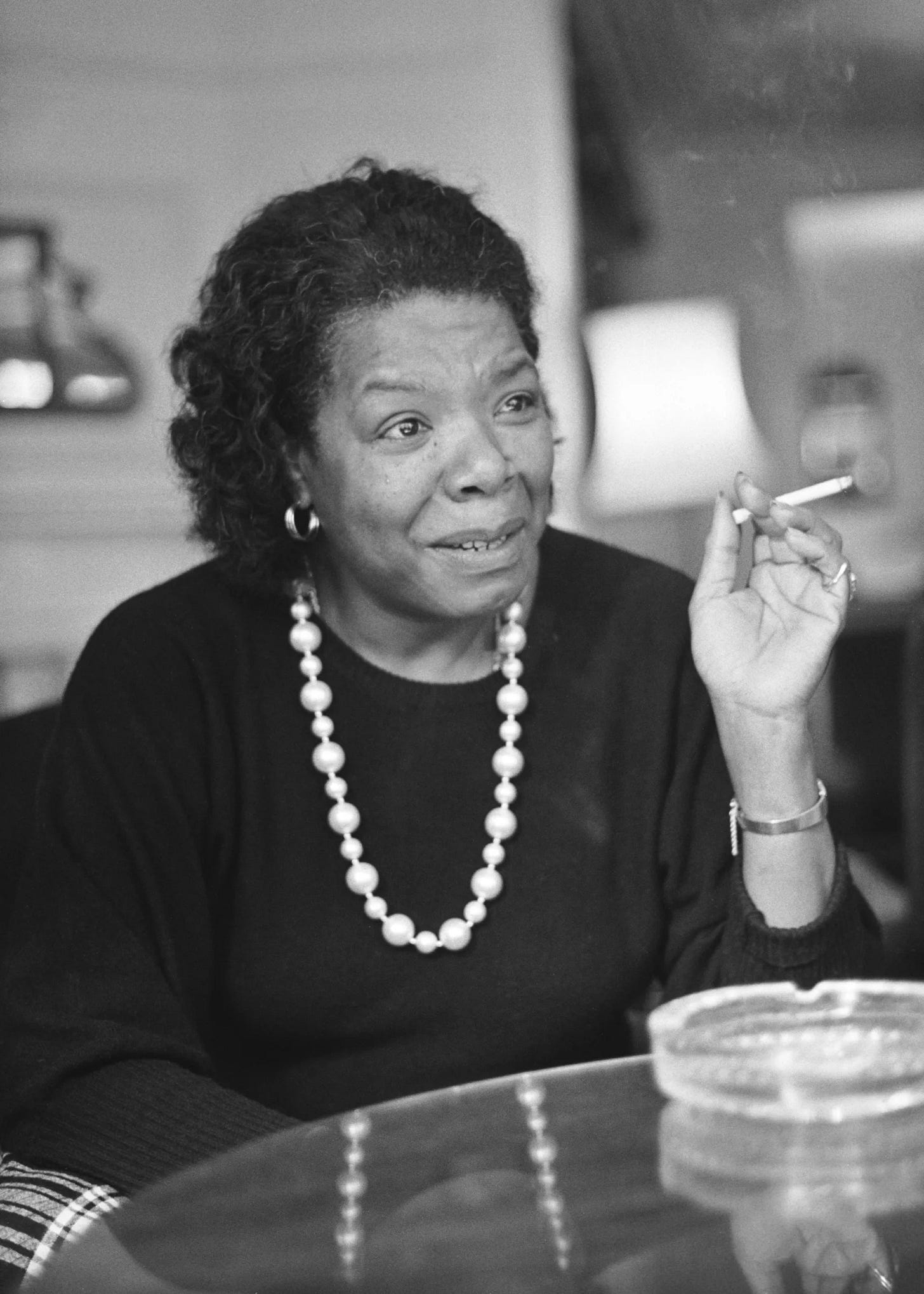
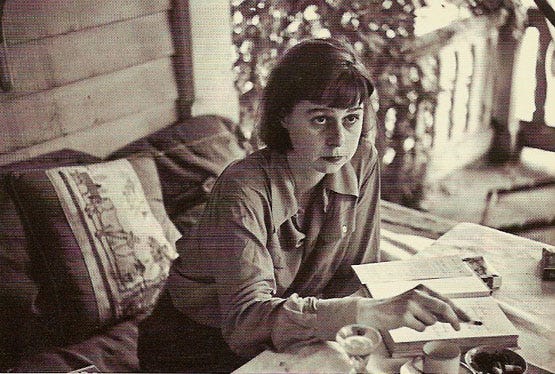
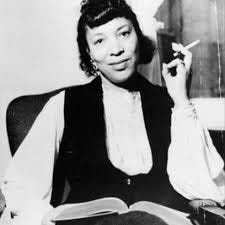
Great descriptions of the act and the allure! Reformed smoker but still miss it sometimes. FYI That’s not Toni Morrison. It’s Maya Angelou.